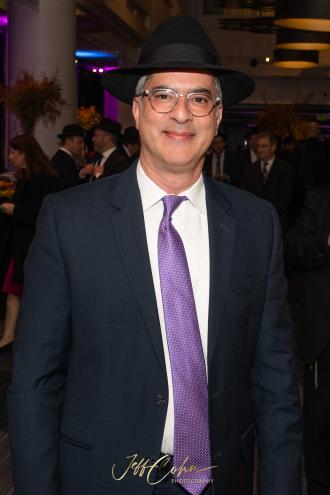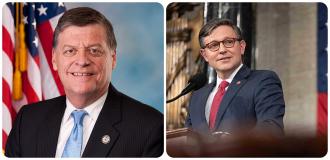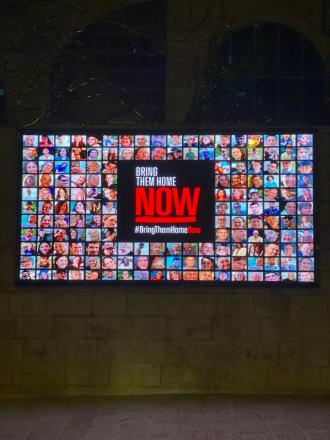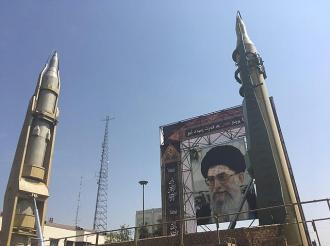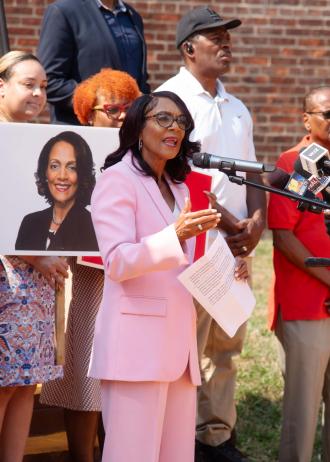West Bank - Palestinian business leaders on Tuesday rebuffed U.S. plans for an economic conference in Bahrain that has become the spearhead of President Donald Trump’s Middle East peace plan.
As Washington appealed to Palestinian and Arab leaders to come to the June 25-26 gathering, Palestinian businessmen joined politicians in saying their political demands would have to be addressed in any plan to solve the Israeli-Palestinian conflict.
Palestinian pollsters and analysts also reported deep scepticism about the latest in a long line of U.S. peace efforts, this time led by Trump’s son-in-law Jared Kushner and Middle East envoy Jason Greenblatt.
The U.S. initiative follows an upsurge in cross-border fighting between Gaza militants and Israel, and as Palestinians still smart at Trump’s political support for Israel, including his decision to recognize Jerusalem as its capital.
Arafat Asfour, chairman of business association Paltrade with more than 300 members across the West Bank and Gaza, said it was unresolved political issues - such as Israeli restrictions on movement of goods and people in the occupied territories - that had long deterred foreign investment.
Israel says such measures stem from security concerns.
“How (can you) expect people to invest in Palestine if they don’t have access? If they don’t have the control, if they don’t have the legal framework, the business environment, to protect their business?” asked Asfour, saying his organization had refused to go to Bahrain.
Ibrahim Barham, CEO of Safad, a Ramallah-based IT company, said: “They’re taking the side of Israel, on the political side, and they want to speak with us only on economic issues. But it’s not a proper way.”
Bashar Masri, a Palestinian businessman and founder of Rawabi, the first Palestinian planned city in the West Bank, has also turned down an invitation.
President Mahmoud Abbas’s western-backed Palestinian Authority (PA) and the Palestine Liberation Organization have voiced strong opposition to the Bahrain initiative, after a year-and-a-half of refusing to deal with the Trump administration because, they say, it is biased toward Israel.
“AMBITIOUS BUT ACHIEVABLE”
Countering criticisms, envoy Greenblatt said the PA was “shamefully” blocking a better future for Palestinians and denied Washington was prioritizing the economic component over political problems. In a statement, he described his team’s economic plan as an “ambitious but achievable” vision.
Pollster Khalil Shikaki, director of the Palestinian Center for Policy and Survey Research, said close to 80 percent of Palestinians believed the Trump plan would not lead to an end of Israel’s occupation of the West Bank.
“It’s not that those Palestinians or business leaders are not interested in improving economic conditions of Palestinians. Of course they are,” he said, based on polling carried out in March, before the Bahrain element of the plan was announced.
“It’s the concern that what the Americans are trying to do is give the Palestinians a choice between their political rights or their economic rights. They want both, and they are not willing to make a trade off.”
The Palestinians want to establish a state in the West Bank, East Jerusalem and the Gaza Strip, all territory Israel captured in the 1967 Middle East War. The United Nations and most nations around the world back a two-state solution.
Abbas officials have criticized Bahrain for agreeing to host the summit, and called for a boycott.
Saleh Rafat, a PLO official, said on Tuesday: “It is shameful for a sister Arab country to align itself with American proposals aimed at eliminating the Palestinian cause and host conferences that seek to liquidate our just aspirations.”
In a rare agreement between Palestinian rivals, the Islamist group Hamas also called for an Arab boycott.







